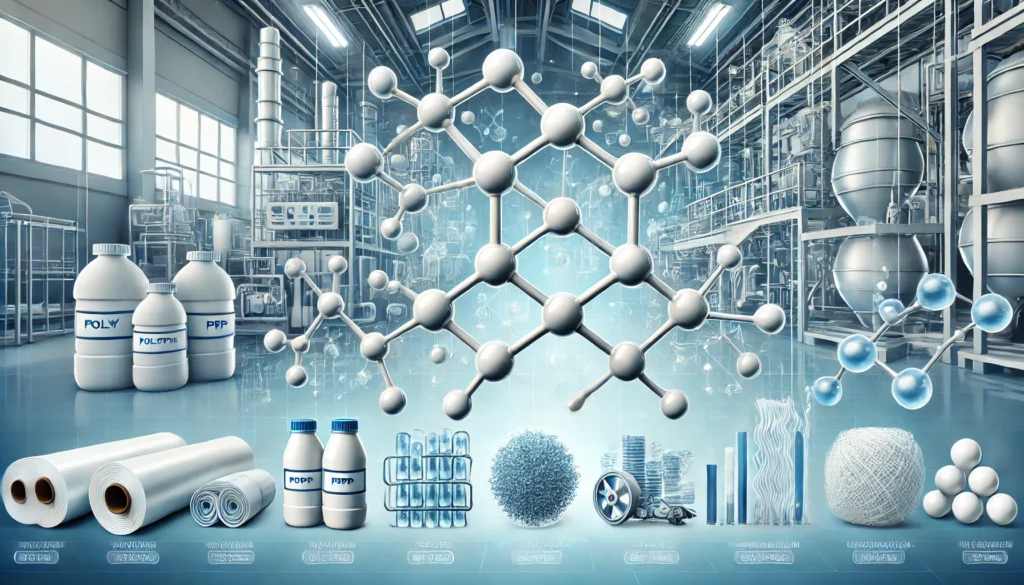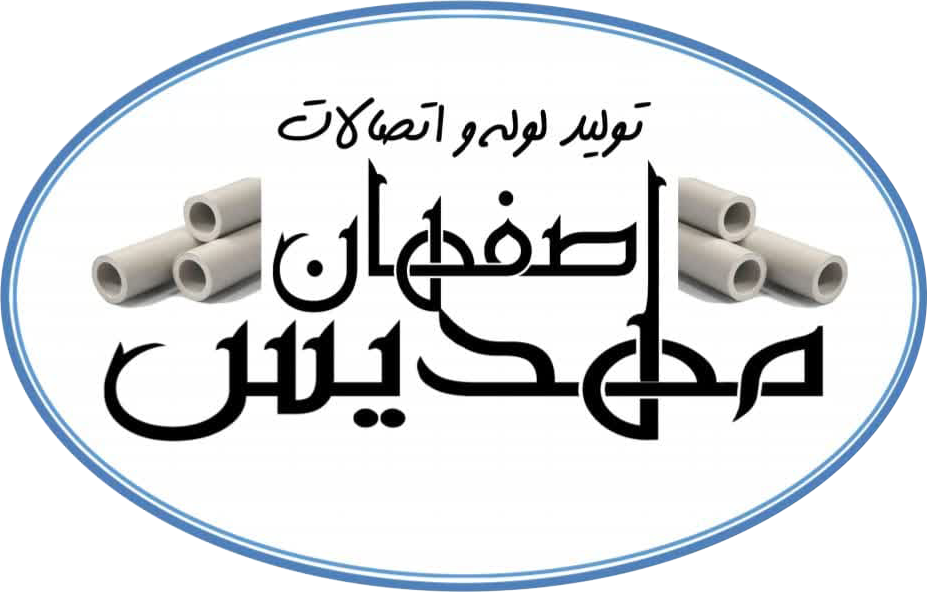
What is polypropylene?
Polypropylene is one of the most widely used and essential polymers in the world, and it is considered the largest consumer of propylene. This material is known by its chemical formula – CH₂-CH(CH₃)n– and is also referred to as polypropylene (PP). In this article, we will examine the definition of polypropylene, its production process, features, and applications, and explore its role in various industries.
Definition of Polypropylene
Polypropylene is a thermoplastic polymer made by the polymerization of propylene under relatively mild temperature and pressure conditions, in the presence of the well-known Ziegler–Natta catalyst. This polymer is chemically asymmetrical, which results in the polymerization process leading to three different types of sequences. In this process, due to the spatial hindrance effects of the methyl groups, the head-to-tail sequence has a higher structural order than the other types.
Production Process of Polypropylene
The polymerization of polypropylene occurs under specific temperature and pressure conditions and in the presence of the Ziegler–Natta catalyst. The presence of this catalyst allows for the formation of an isotactic polymer, which can crystallize up to about 90%. This property enhances the strength and quality of polypropylene, making it one of the most commonly used plastic materials across various industries.
Features of Polypropylene
Polypropylene has unique features that differentiate it from other polymers. Some of the most important features of this material are as follows:
- High chemical resistance: Polypropylene is resistant to chemical solvents, bases, and acids, which makes it useful in the chemical and pharmaceutical industries.
- Temperature resistance: This polymer performs well at various temperatures, especially showing good resistance to high temperatures.
- Lightweight and strong: Polypropylene is lighter than other polymers but still retains high strength, making it suitable for a variety of applications.
- Washability and antibacterial properties: Due to its antibacterial properties and ease of cleaning, polypropylene is widely used in food packaging and medical equipment.
- Recyclability: Polypropylene is a recyclable material, which makes it environmentally friendly.
Applications of Polypropylene
Due to its outstanding properties, polypropylene is used in a variety of industries. This polymer is widely used in the production of various products. Some of the most important applications of polypropylene include:
- Food packaging: One of the most common uses of polypropylene is in food packaging. Due to its high resistance to moisture and air, it is an excellent choice for food packaging. Additionally, polypropylene is resistant to various solvents and can serve as an effective barrier for food products.
- Textile industry: Polypropylene is used in the textile industry to make synthetic fibers such as carpets, rugs, clothing, and nylon bags. It is used in textiles due to its durability and lightweight properties.
- Medical and laboratory equipment: Due to its antibacterial and non-toxic characteristics, polypropylene is used to produce medical and laboratory equipment such as syringes, test tubes, bottles, and medical containers.
- Pipes and fittings: Polypropylene is used in the plumbing industry to produce pipes and fittings. These pipes are used in water supply, sewage, and industrial systems due to their resistance to pressure and temperature.
- Automotive industry: Polypropylene is used in the automotive industry to manufacture various car parts such as dashboards, bumpers, and internal components. Its high strength, lightweight nature, and temperature resistance make it ideal for automotive applications.
- Films and sheets: Polypropylene is used in the production of thin films and plastic sheets, especially in packaging. These films are flexible and resistant to tearing, making them suitable for packaging various products.
- Injection molding: Polypropylene is used in injection molding to produce various plastic products. This process is suitable for manufacturing small, complex parts that require high precision.
Advantages of Using Polypropylene
Polypropylene offers many advantages, making its use in various industries justifiable. Some of the key advantages of this material are:
- Cost-effectiveness: Polypropylene is cheaper than many other polymers, making it an economical choice for various industries.
- Durability and strength: Polypropylene’s high strength allows it to withstand pressure, temperature, and wear for long periods.
- Lightweight and portability: Due to its low weight, polypropylene is widely used in applications where easy handling and transport are necessary.
- Recyclability and environmental friendliness: Polypropylene is recyclable, and its reuse in various industrial processes helps reduce environmental pollution.
- Chemical resistance: Polypropylene is resistant to solvents, acids, and bases, which is why it is widely used in chemical and pharmaceutical applications.
Conclusion
Polypropylene, with its unique properties, is one of the most widely used polymers in various industries. With features such as high chemical resistance, strength, lightweight nature, and recyclability, it is used in packaging, textiles, automotive, medical, and plumbing industries. Using polypropylene in manufacturing products enhances quality, reduces costs, and increases the durability of the products. Therefore, understanding this material and its features can help you make better decisions when choosing materials for your projects.
